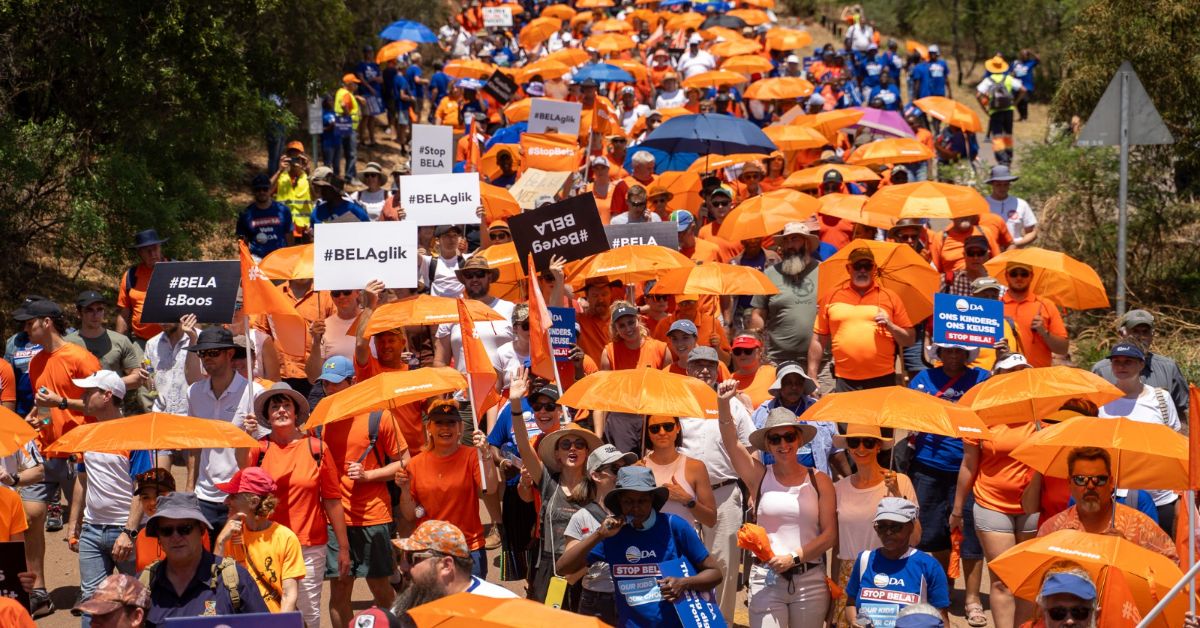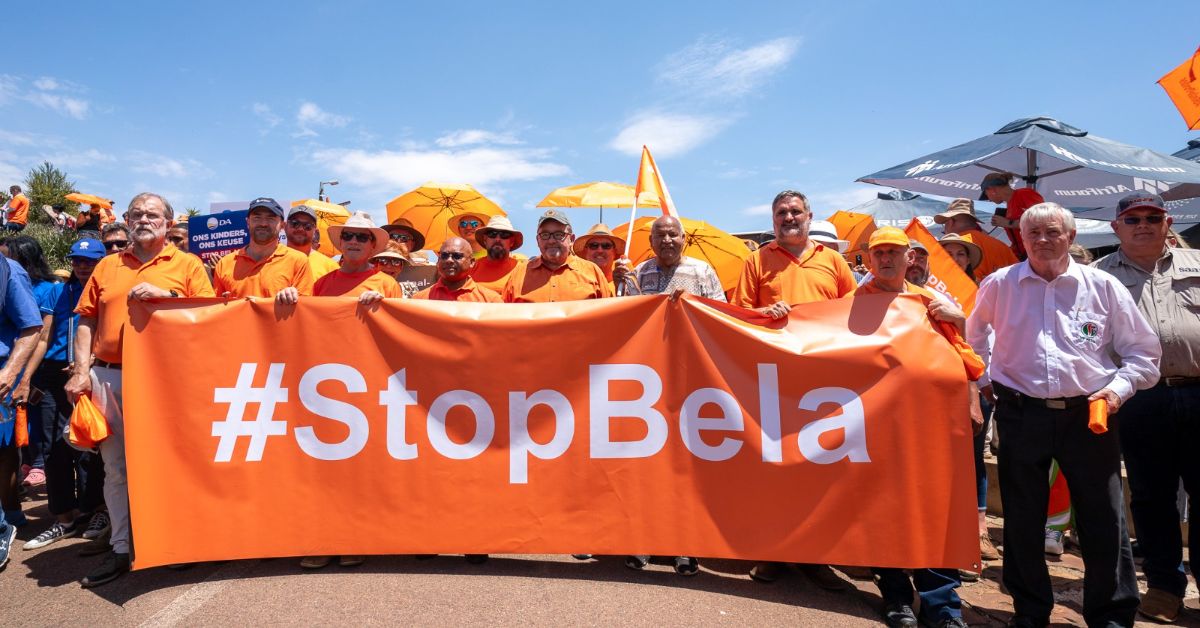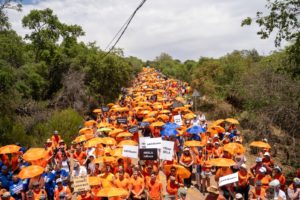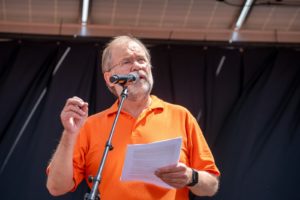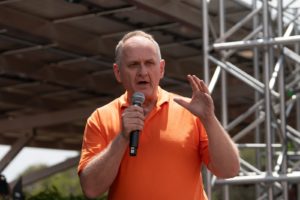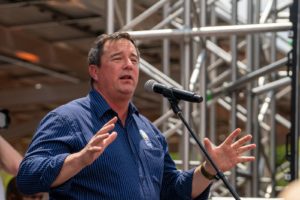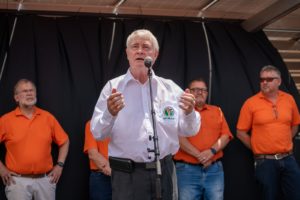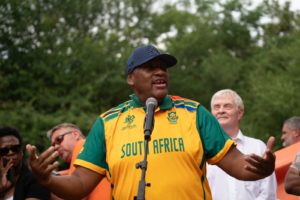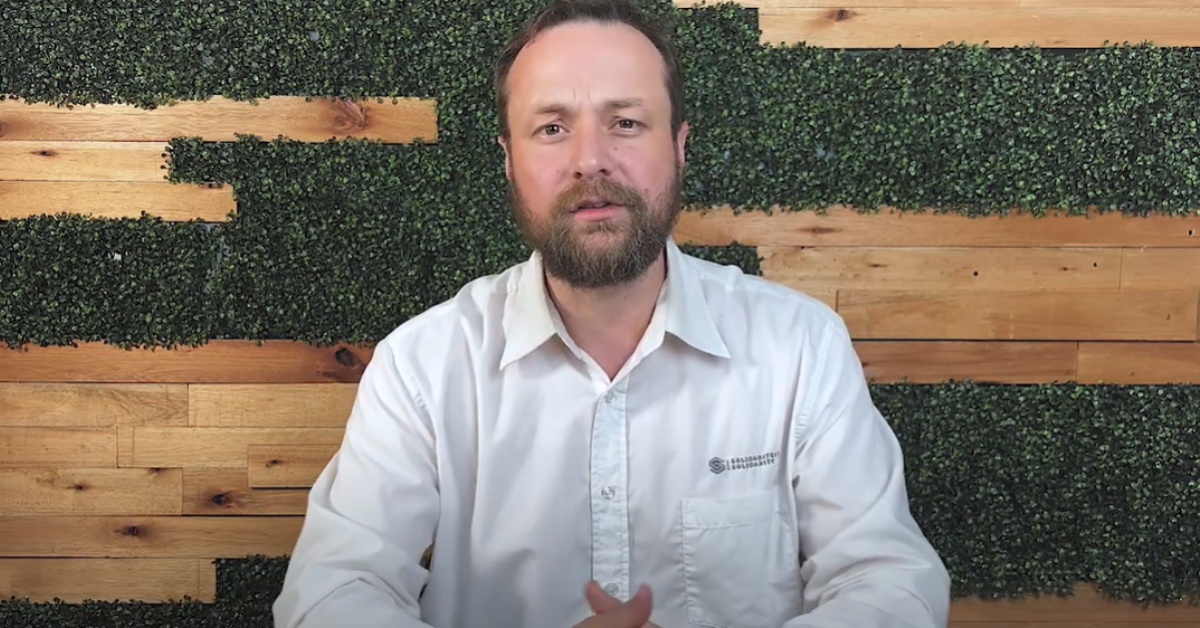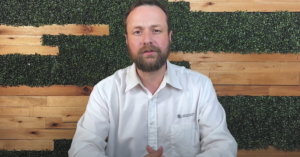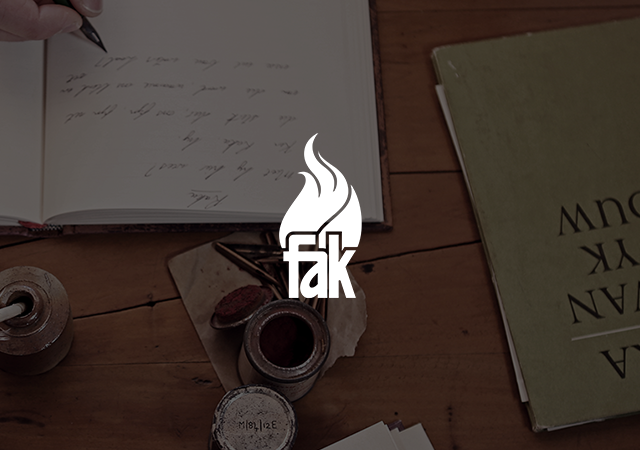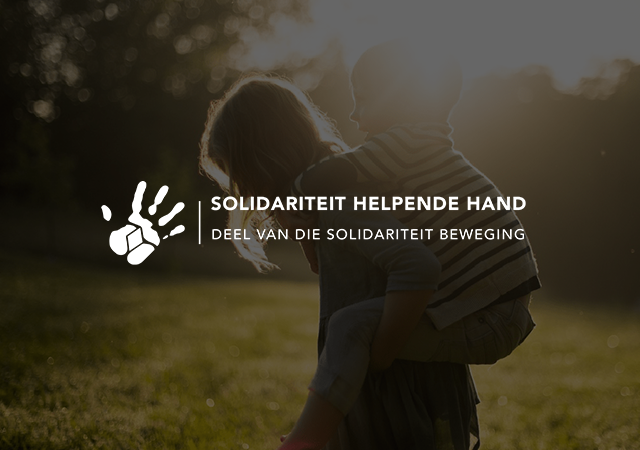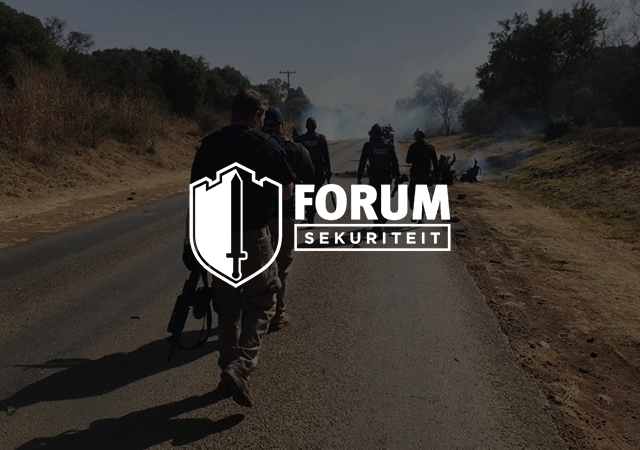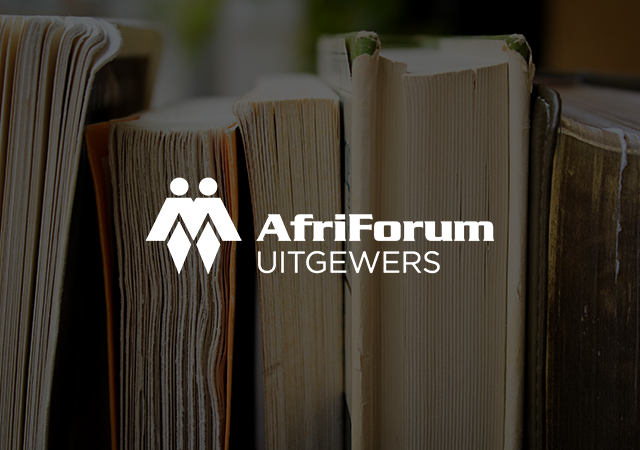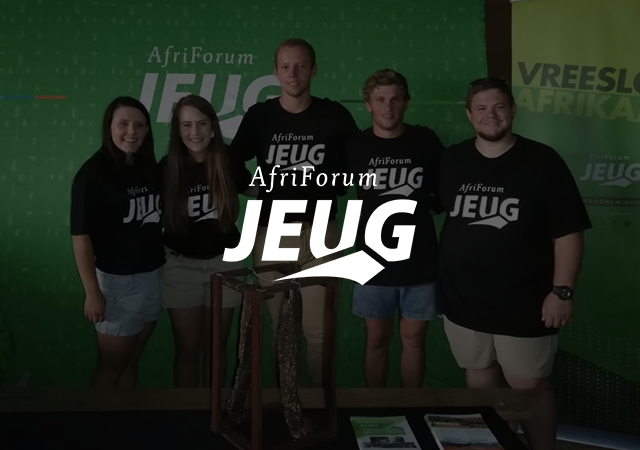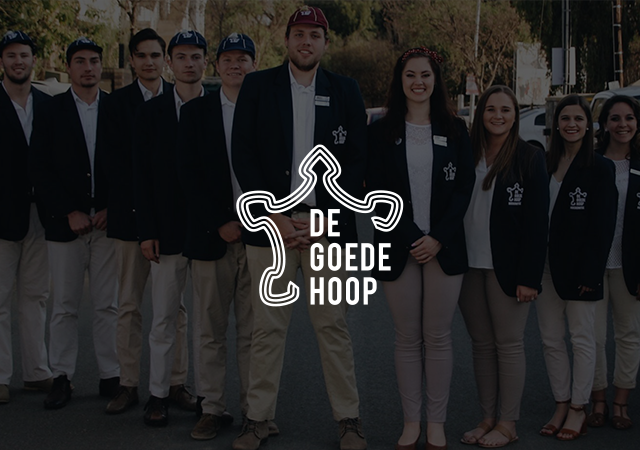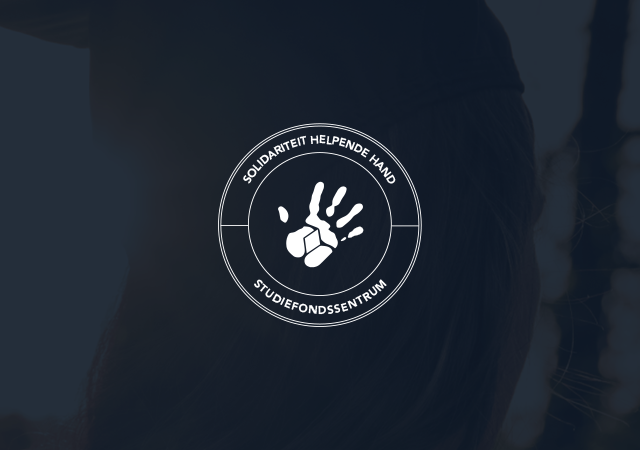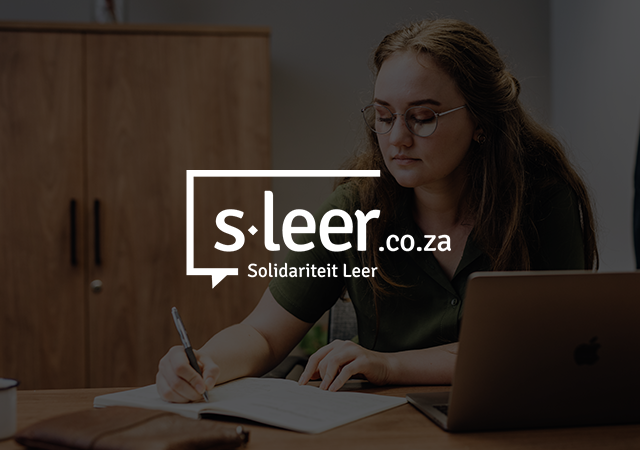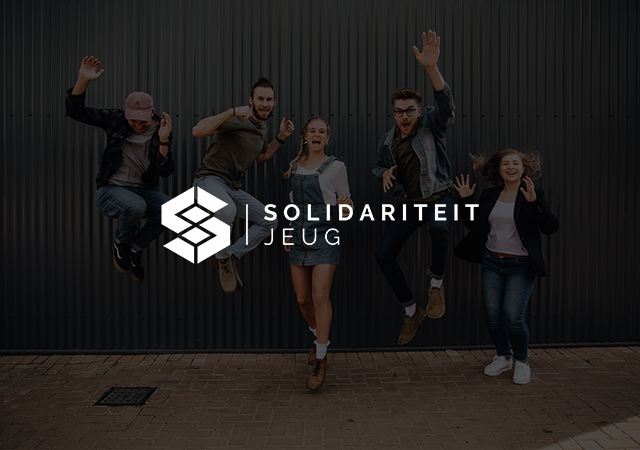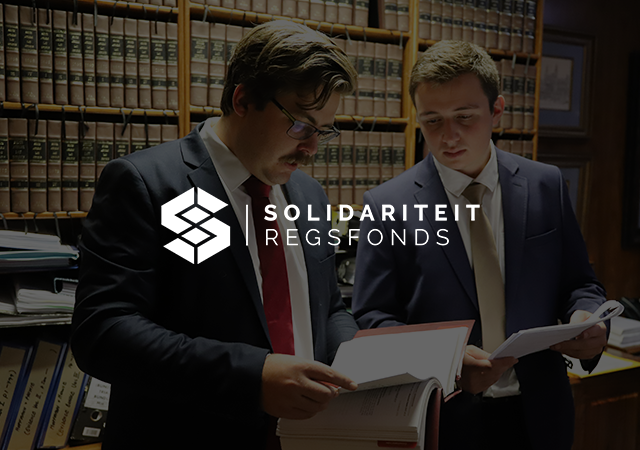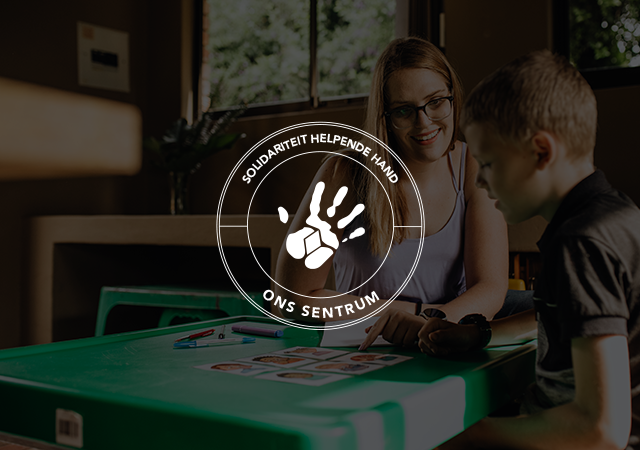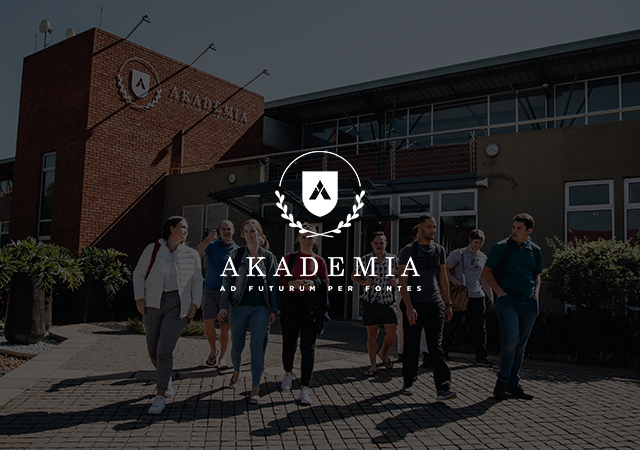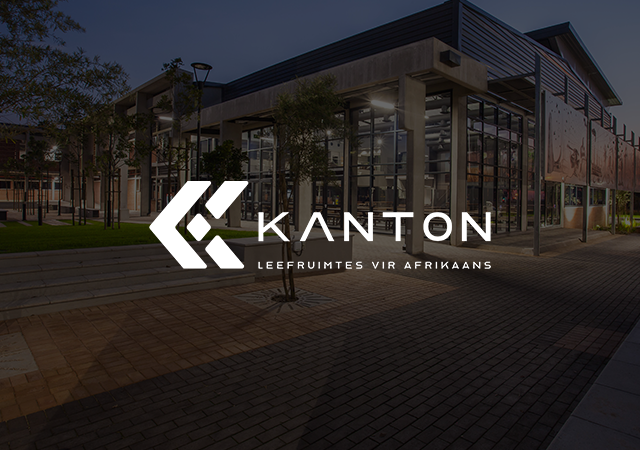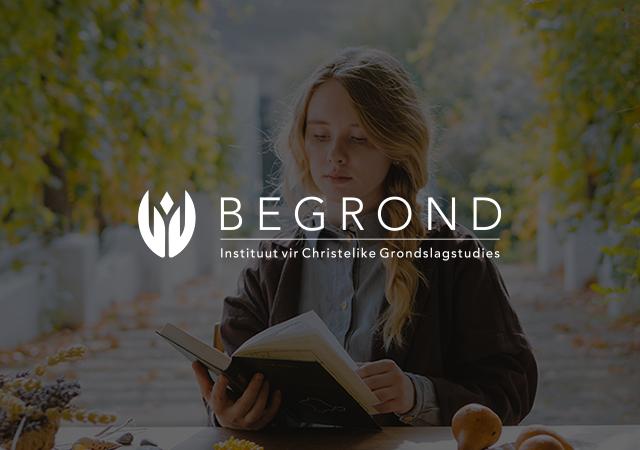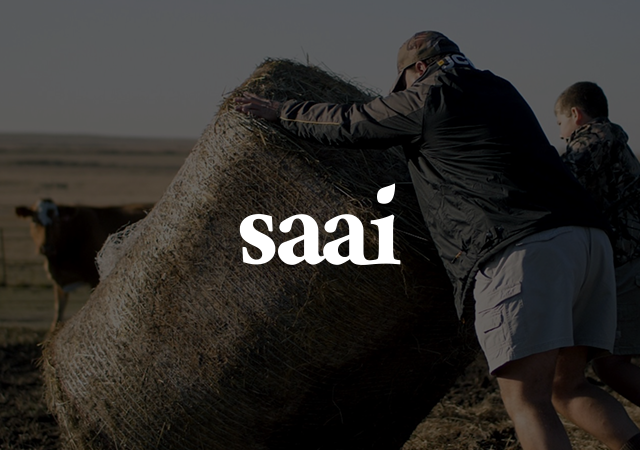The Solidarity Movement, with Solidarity and AfriForum counting among its institutions, has reached a settlement with the government at Nedlac over the BELA dispute. The parties to the dispute at Nedlac were Solidarity, the Presidency and the Minister of Basic Education. Nedlac has confirmed that the dispute has been resolved.
In terms of the settlement, the controversial sections in the BELA Act will no longer be implemented on 13 December.
Norms and standards and national policies and regulations must first be developed which will, among other things, determine that schools which are running at their full capacity may not receive instructions to change their language and admission policy.
With regard to language and admission policy, the school’s immediate environment and/or its feeding zone, and not the larger education district, must be taken into account.
The execution of the recommendations does not exclude the possibility that there may be a need for future legislative amendments to section 4/ and or 5 of the BELA Act.
This will all form part of a process in which the Minister of Basic Education Siviwe Gwarube will make comprehensive recommendations to Pres. Ramaphosa for his due consideration.
However, this settlement does not affect the process of the Government of National Unity (GNU) or any other processes regarding BELA. The Solidarity Movement will, however, present the outcome of the settlement to the Government of National Unity.
The settlement is supported by the Solidarity Movement, AfriForum, the Solidarity Support Centre for Schools and the Afrikaanse Onderwysnetwerk.
According to Flip Buys, chairperson of the Solidarity Movement, the settlement is the outcome of various processes. This includes talks with Pres Ramaphosa, negotiations with political parties, including the ANC, the DA and the FF+, the big march from the Voortrekker Monument to Freedom Park, talks with traditional leaders, a process at PanSAT and the Nedlac process.
Dr Dirk Hermann, Solidarity’s chief executive, says that although the settlement is a major breakthrough, further hard work still lies ahead. The important breakthrough is that we now again have time on our side where Afrikaans schools that are full to capacity will not receive instructions about language and admission. During this period there will be tough talk about norms and standards and Solidarity will also propose possible possible legislative amendments. Schools do not have to let themselves be bullied by officials.
“The BELA struggle has been the most important battle AfriForum has been involved in since its establishment. BELA’s provisions on the language policy of schools, if implemented, posed a serious threat to the survival of Afrikaans cultural communities. It is not only Afrikaans schools and children who would be targeted by its implementation, but also the pursuit of mother tongue education for all cultural communities. We have already had several discussions with traditional leaders, and it is clear that they share the aspiration that children receive mother tongue education in their respective communities. We can only thank everyone who supported the campaign against BELA. The public’s overwhelming support and the fact that thousands of people participated in the march against BELA were the deciding factor,” Kallie Kriel, AfriForum’s chief executive said.
The settlement also confirms the different roles of the Minster of Basic Education and the President:
The role of the President with regard to the BELA Act is to assent to and proclaim the commencement of the provisions of the Act.
The role of the Minister of Basic Education, as the primary custodian of the portfolio of Basic Education, is to ensure the proper implementation of the BELA Act, including:
• making recommendations to the President on the commencement arrangements for the Act; and
• ensuring that the implementation of the Act is supported by appropriate national regulations, national norms and standards and/or national policies.
The settlement also provides for further developments on mother tongue education that extend beyond Afrikaans only.
The Solidarity Movement acknowledges all the role players for the constructive manner in which the dispute was handled. The outcome is a win for all parties and the country.
Find attached the signed settlement documents here and here.
